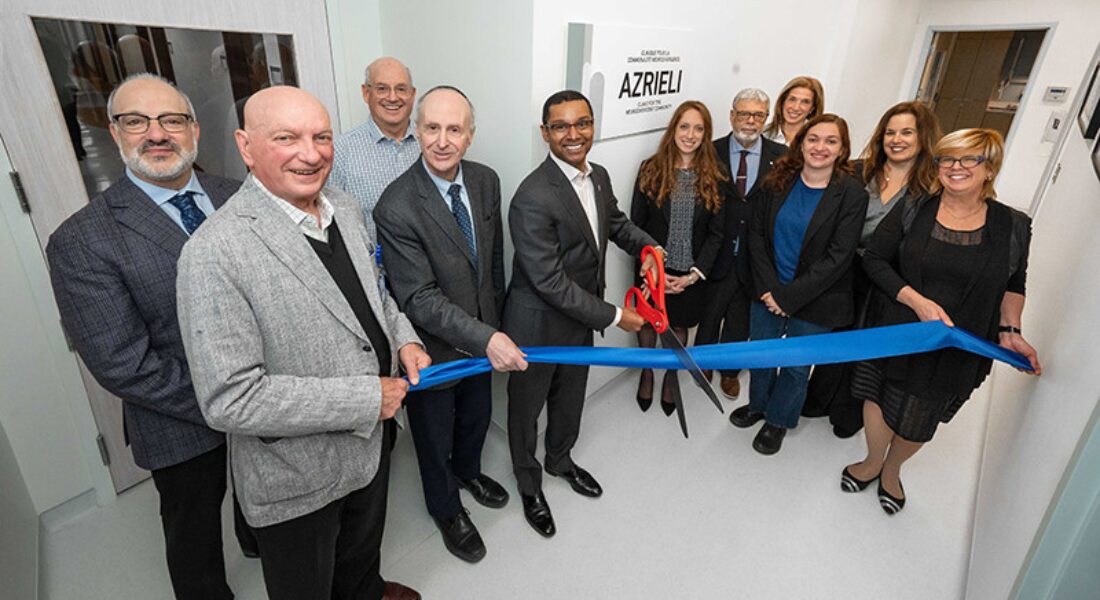For many of us, a simple trip to the doctor or the dentist can be anxiety provoking, but for someone with an intellectual disability or an autism spectrum disorder, such visits can be overwhelming if not intolerable. Beyond just a fear of medical procedures, the clinical environment itself with its bright lights, loud sounds, unexpected physical sensations, crowded waiting rooms and foreign smells can prove challenging for a neurodivergent patient. Without adaptative supports in place, these individuals have difficulty accessing basic routine healthcare and often must do so in a hospital setting or go without.
A dream nine years in the making
The dream was big– to create a first-of-its kind clinic in Montreal where neurodivergent patients could access both medical and dental services in one location. The Azrieli Foundation and its partners began exploring options for such a clinic as early as 2015. The facility they envisioned had to include a training component to teach medical staff how to care for patients in an accessible, holistic and personalized way. There also needed to be a purpose-built space that could offer soothing sensory elements like brightly coloured walls, sound-adjusted machinery, nature motifs and other calming features. The final requirement was a partnership with the provincial government to enable funding for healthcare visits for all who qualified.
It took nine years of hard work on behalf of many dedicated partners but in April of 2024, The Azrieli Clinic for the Neurodivergent Community officially opened to the community. In attendance were the partner organizations that made it happen including McGill University, Montreal General Hospital, the Jewish General Hospital, the Integrated University Health and Social Services Centre (CIUSS) for West-Central Montreal and Quebec’s Ministry of Social Services.



